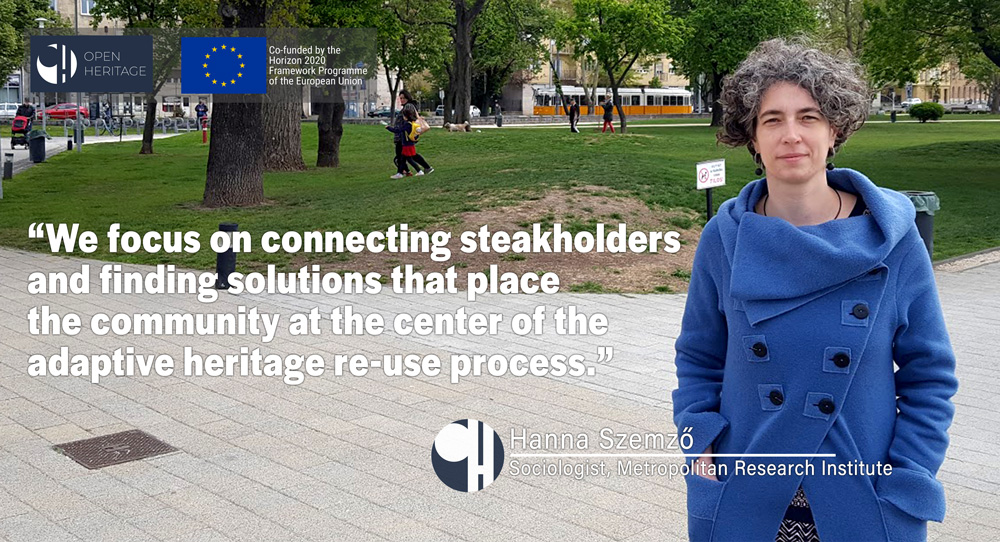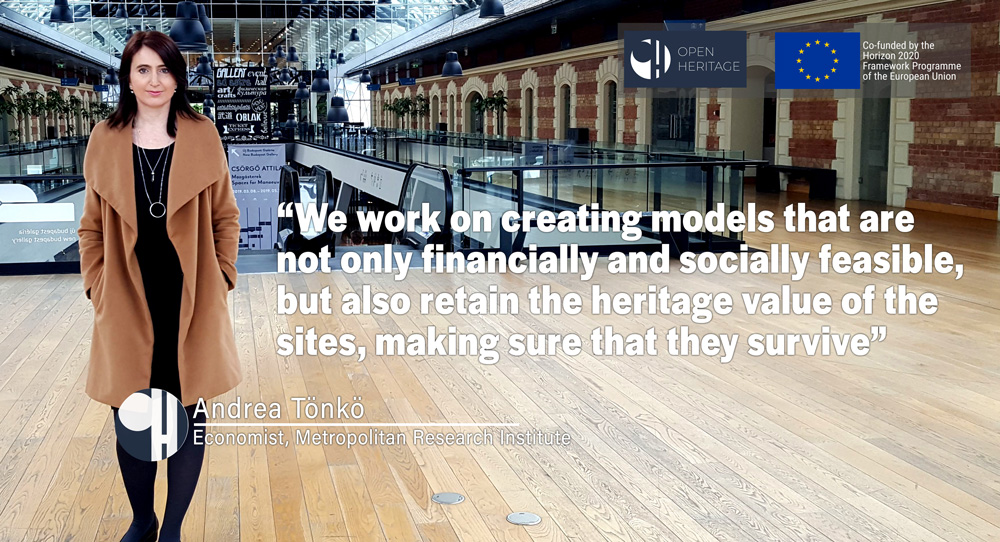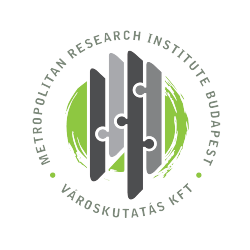METROPOLITAN RESEARCH INSTITUTE (MRI) is a private research institute established in 1989, consisting of nine researchers, all of whom has a Master or PhD degree in economics, sociology, or history. MRI operates in the areas of urban development, housing and infrastructure policy, local governance and comparative research of European countries and cities. MRI undertakes research and consultancy, works as consortium leader for various international projects (among them two EU funded), organises international conferences, and designs and provides training in these areas. Research and consultancy is carried out for and with local governments, development agencies, universities and research institutions, as well as EU institutions and international NGOs. MRI and its leading researchers are members of different international organisations like URBACT, European Urban Research Network (EURA), and the human settlement research group HS-NET Advisory Board to UNHABITAT. They act as editors or board members of various peer reviewed journals, like Urban Research and Practice, and Journal of Housing and the Built Environment.

Hanna Szemző (PhD in History, Master’s degree in Sociology and History) is one of the managing directors of Metropolitan Research Institute, where she has been working for more than 15 years. She has extensive experience in research and consultancy in the fields of urban development, social inclusion, energy efficiency, demography, welfare, and governance analysis. She has participated in various 5th, 6th and 7th Framework Programmes of the European Union, prepared strategic development concepts for local governments, and has provided consultancy for Habitat for Humanity International in Armenia, and Bosnia and Herzegovina. Currently she is one of the coordinators of OpenHeritage.

Andrea Tönkő has more than twenty years of research and consultancy experience in the areas of financing public services, municipal finance and fiscal decentralization issues. She has worked as a project manager for several international programs and conducted research on municipal finance issues, including institutional, financial and organizational structure of public services (water and sewage management, solid waste treatment, transportation). She analysed the possibilities of organising and financing energy efficient interventions in residential multi-family buildings both from the point of view of low income households and from a business perspective. She developed country studies and comparative studies in several research areas, including territorial development, governance models, public utilities and intergovernmental fiscal relations. Currently, she’s one of the coordinators of OpenHeritage.
Iván Tosics (PhD in Sociology, Master’s degree in Sociology and Mathematics) is a founding member, managing director, and senior researcher of Metropolitan Research Institute. He has long standing experience in urban sociology, strategic urban development, housing policy and EU regional policy issues. Since 2011 he is one of the four Thematic Pole Managers of the URBACT programme. Tosics was Lead Expert of two URBACT networks; his areas of expertise include integrated urban development, abandoned spaces, social inclusion, and urban governance. On the request of DG Regio, he is involved in the development of the EU Urban Agenda, organizing and managing the Urban Development Network (UDN) meetings on integrated urban development, especially regarding the link between the Integrated Territorial Investments (ITI) and the area-based urban renewal policies. He was member of the Advisory Board of the European Cities Report, and contributed to the State of the European Cities in Transition Report. He is the Policy Editor of the journal ‘Urban Research and Practice’, member of the Editorial Advisory Board for the ‘Journal of Housing and the Built Environment’ and for ‘Housing Studies’.

